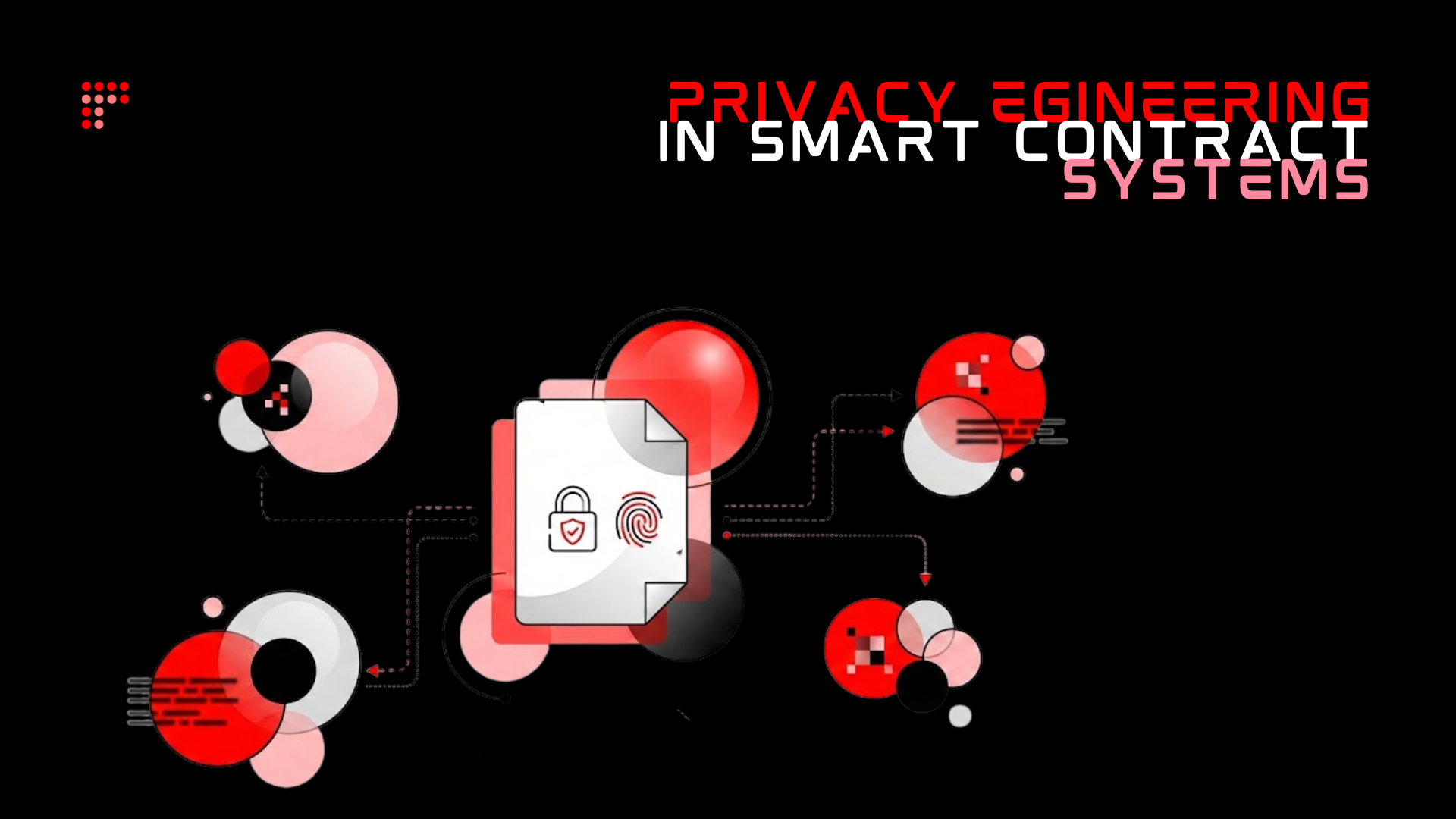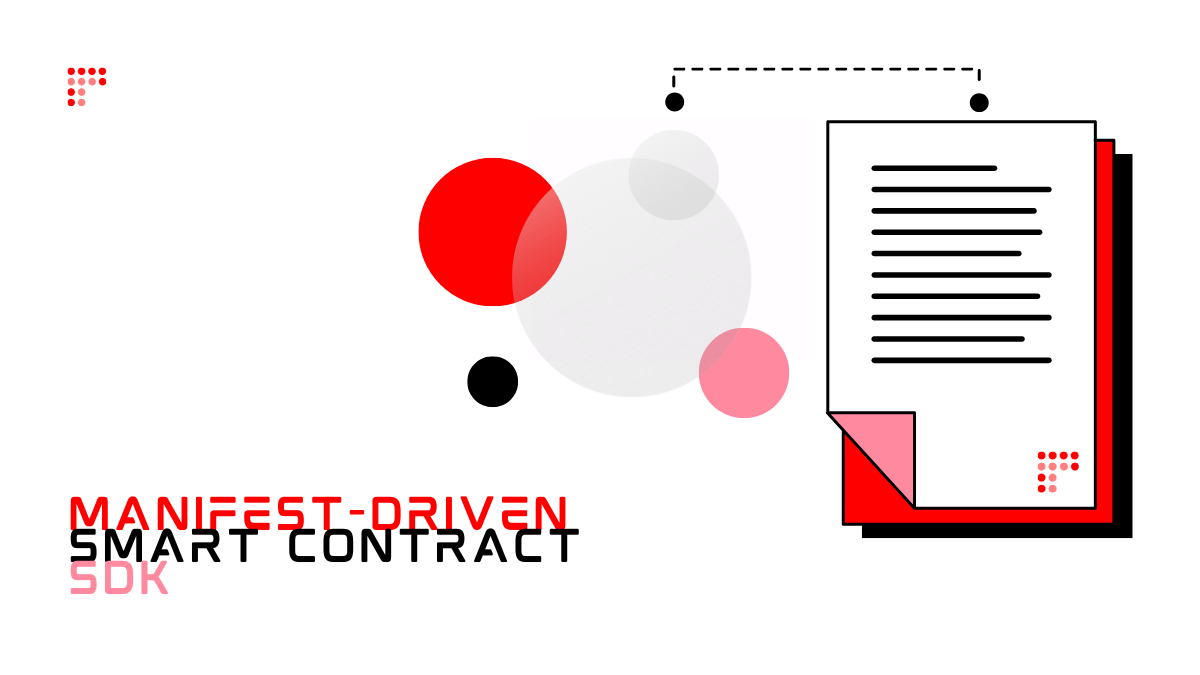Tokenization services in web3 are platforms that allow users to submit, mint, and/or transact their own tokens. OpenSea is a well-known example with a focus on conventional digital assets - NFTs (pictures, videos, sounds). However, many use cases of digital asset tokenization, such as school diplomas, financial instruments, or even carbon credits to just name a few, go beyond the conventional digital assets traded by platforms like OpenSea. They require specific features and requirements that must be incorporated into the smart contracts underpinning the tokenization service. This is where no-code framework for tokenization services comes in.
At FeverTokens, our team has carefully studied every aspect of enterprise-level tokenization services to develop our sophisticated yet easy-to-use no-code framework. We have come across numerous technical challenges that are worth mentioning:
Accommodate varying types of token structures
Many use cases of tokenization services must accommodate multiple types of tokens and/or multiple token configurations simultaneously. Builders should be able to specify the structure of the metadata for each via a simple user interface, and these specifications should be maintainable in the sense that updates can be made with backward compatibility.
For example, when a financial institution leverages the blockchain for carbon credit trading, such carbon credits can be structured into granular NFTs for each company. Since differing and evolving regulatory standards may be involved for different companies, the ability for the architecture of the tokenization service to accommodate these differences and continual updates is essential.
Economize with verifiable lazy mint
The easiest way to build a tokenization service is by directly minting the tokens. However, this is neither cost effective nor scalable. Lazy mint is the option for tokens to be minted only when they are purchased / used. The cost of minting the tokens is then born by the minter. This allows the provider of the tokenization service to scale without the economic burden of gas fees (which unfortunately does not scale well).
Before the mint, tokens are not on the blockchain. This presents a challenge in ensuring the integrity of the contents and metadata of the tokens, too. An enterprise-grade no-code service must also deal with this challenge and make the entire tokenization service trustless and verifiable end-to-end.
Approve user submissions and update tokens efficiently
Tokenization services are similar to platforms in which users are both creators and consumers. An organization may wish to approve user submissions for various reasons. Manual approval is easy to implement but hardly scalable. To be efficient, an automatic approval process based on criteria defined by the build is needed. External data APIs may be used to for this process. For example, a carbon credit can only be issued once and have a unique record.
At the same time, some tokens act as carriers of information that are evolving. An enterprise-grade tokenization service should take this into account and support dynamic tokens. Many ESG-related applications fall into this category.
Control user access
Tokenization services in web3 are first and foremost deployed on the blockchain. However, the end users usually do not interact with smart contracts directly. This means that the tokenization service must be both open in the sense that new users can join and closed in the sense that only users with the correct role can access features that correspond with their privileges. These access privileges must be maintainable and revokable.
Needless to say, these are just some examples of all the technical challenges that building a no-code framework for tokenization service entails. Fortunately, advancements in blockchain technology have made it possible to overcome all these challenges, and FeverTokens has proudly launched this month the most sophisticated no-code tokenization service in the industry to-date. As new needs arise and as technology evolves, we expect new challenges and new solutions to appear. FeverTokens will continue to extend and polish our no-code framework to meet them.

- © 2025 FeverTokens
- 38 rue Jean-Mermoz, 75008, Paris, France



